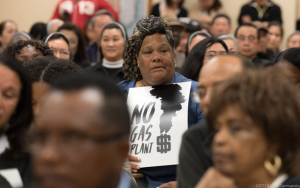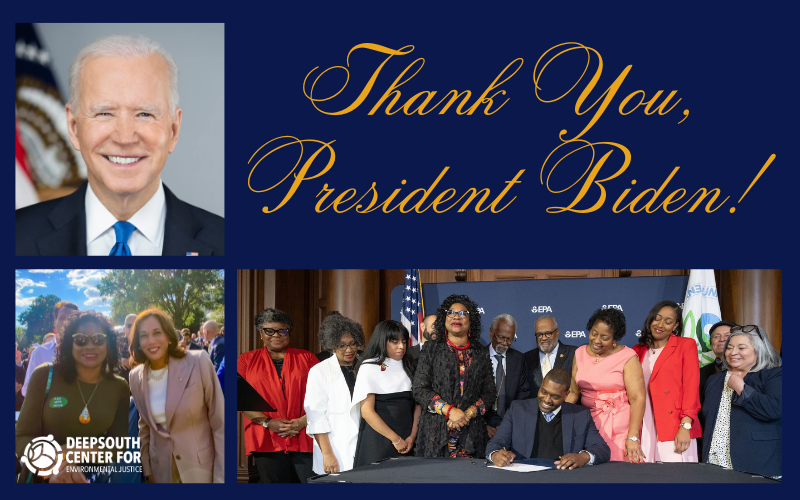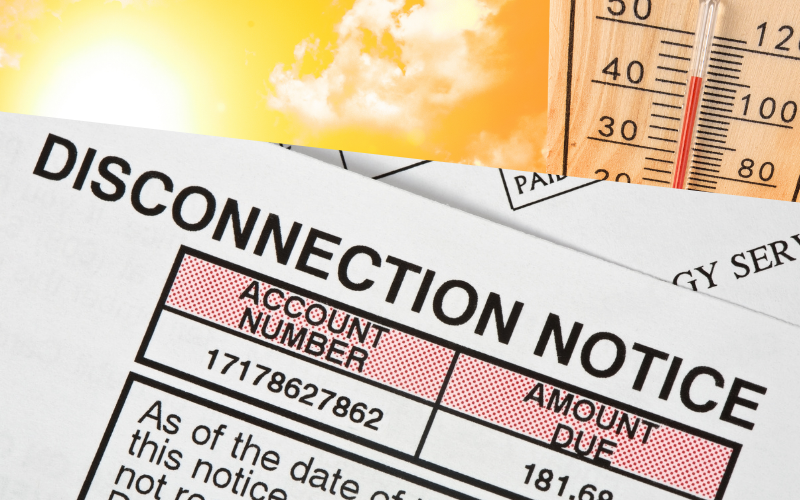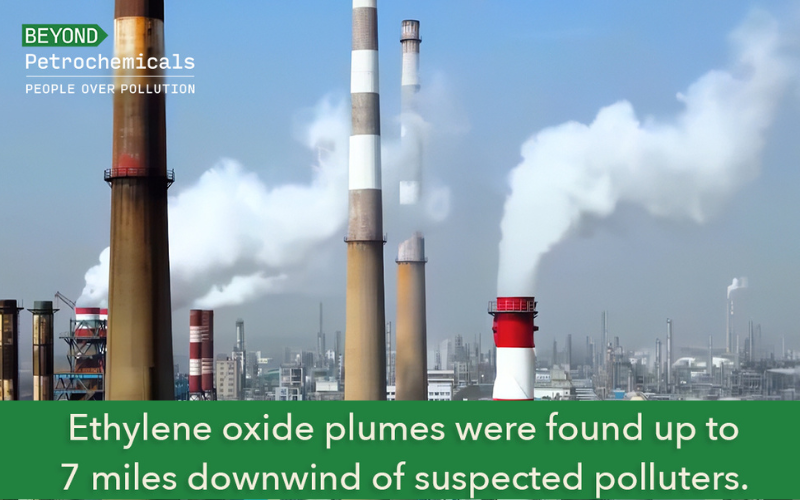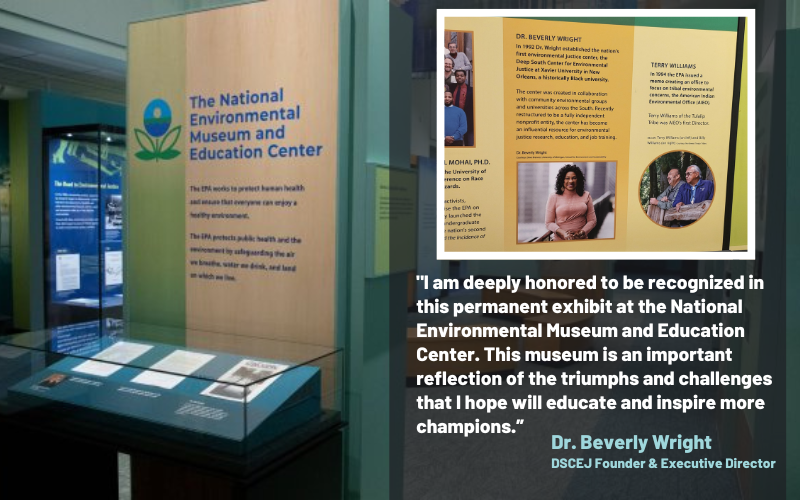The Deep South Center for Environmental Justice and local groups have sued the New Orleans City Council for violating laws when it approved Entergy’s gas plant application. In our lawsuit, we present ten legal errors by the City Council that include violations of constitutional due process, decision-making that is arbitrary and capricious, and violations of local ordinances.
We filed this suit in April 2018 after the Council’s vote in favor of the gas plant. The Council delayed the court hearing on our lawsuit twice, but we finally had our day in court on March 26 2019. We are now awaiting the Judge’s decision.
We are making three main points:
1. New Orleans residents were denied a fair process by the City Council, which violates both the US Constitution and the Louisiana State Constitution. The Council ignored the unfairness created by its utility advisors having a conflict of interest. The advisors wrote the decision for the Council to approve Entergy’s gas application after they set up a prior agreement between the Council and Entergy for a new gas plant and, later, advocated for the gas plant as a party to the Council’s proceeding. In addition, we are facing a situation where the decision maker — the Council — was not neutral or impartial because of its prior agreement with Entergy for a new gas plant that is the same as the one that Entergy applied for two years later and the Council approved on March 8, 2018. To make matters worse, the Council failed to disclose the existence of this prior agreement during its proceeding on the gas plant.
2. The Council would sacrifice neighborhoods in New Orleans East to more than a million of pounds of toxic air pollution each year from the gas plant. The Council would also force residents and businesses to pay the estimated $210 million cost of the gas plant. However, the Council has not evaluated alternative options to determine what is the best choice for New Orleans. The Council simply ignored its own order requiring that this be done.
3. In addition, the Council is violating several local ordinances. For example, two ordinances require the Council to follow sound utility practice and comply with FEMA standards for flood damage prevention. However, the Council approved building the gas plant in a FEMA designated “high risk flood hazard area.” FEMA policy discourages building power plants in this type of area and utility companies have established a standard of practice that avoids building in these areas and relocates utility substations and equipment away from these areas.
Here’s what we are hoping will happen: the Judge will set aside the Council’s decision to approve Entergy’s gas plant application. If the Council decides to re-open the process, it would have to follow instructions from the Judge to ensure a fair process for New Orleans residents to be heard and allow for careful consideration of alternative options, impacts on our health and quality of life, as well as cost protections for ratepayers.
The City Council’s advisors are representing the Council in the lawsuit. What’s so bizarre about the advisors representing the Council is that the advisors are the ones who set up the prior agreement between the Council and Entergy for a new gas plant, then advocated for the gas plant during the Council’s proceeding, and wrote the Council’s decision approving the gas plant. So, basically, the people who created the legal problems for the Council are now representing the Council in this lawsuit.
The plaintiffs in this case are the Deep South Center for Environmental Justice, Alliance for Affordable Energy, 350 New Orleans, and the Sierra Club.
Entergy is an intervenor in this case.
Petitioners Reply Brief

